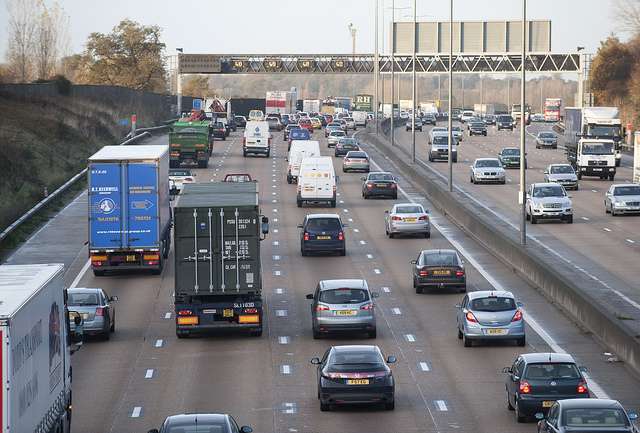Computerised braking system could lead to a major improvement in truck safety

A computerised braking system in development at the Department of Engineering could lead to a major improvement in lorry safety.
Professor David Cebon and his team of researchers in the Applied Mechanics Group have been working on a system that improves on standard anti-lock braking systems (ABS) to reduce stopping distance and enhance driver control for heavy-goods vehicles (HGVs).
On roads with slick or icy conditions, the ability to brake can mean the difference between a safe stop and a traffic statistic. Reducing skidding is key. Road slipperiness, the lorry's velocity and several other factors are measured and analysed by a computer which then controls novel high-speed pneumatic valves developed by the researchers. Compared to ABS, the new slip-control system stops 20 per cent shorter, uses half the amount of compressed air and allows the driver to maintain directional control while stopping – even on an icy surface.
"By completely re-thinking the brake control hardware and software, we have been able to get the lorry to brake in almost the theoretically minimum stopping distance," Professor Cebon said.
The team works closely with a group of companies in the Cambridge Vehicle Dynamics Consortium, which includes Volvo Trucks and Haldex Brake Products. It is hoped that these companies will develop a commercial version of the system within the next few years.
Provided by University of Cambridge



















